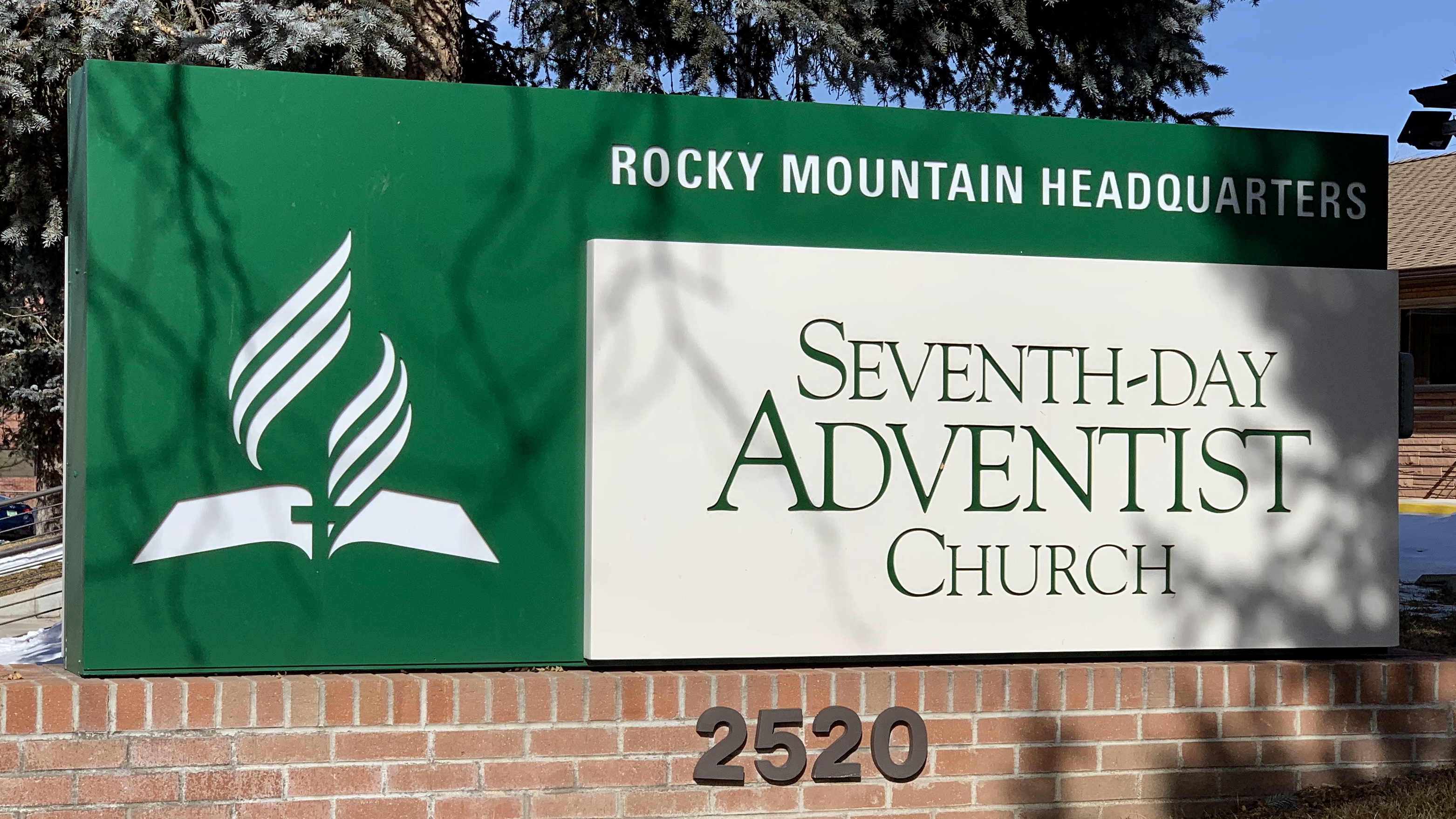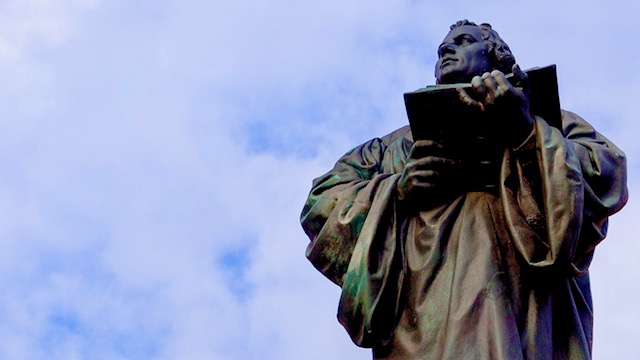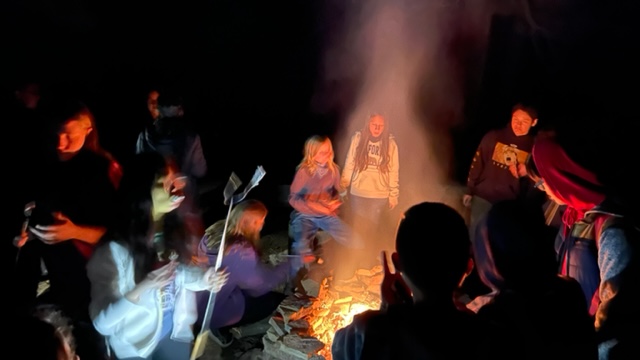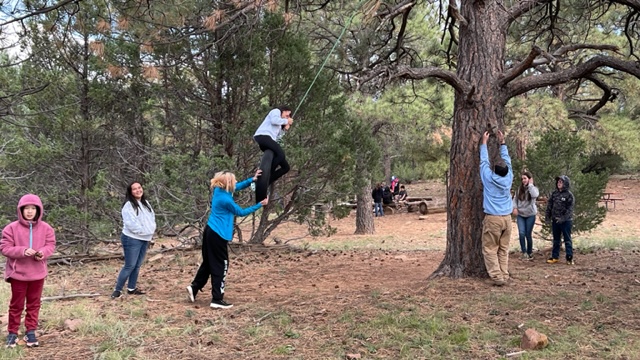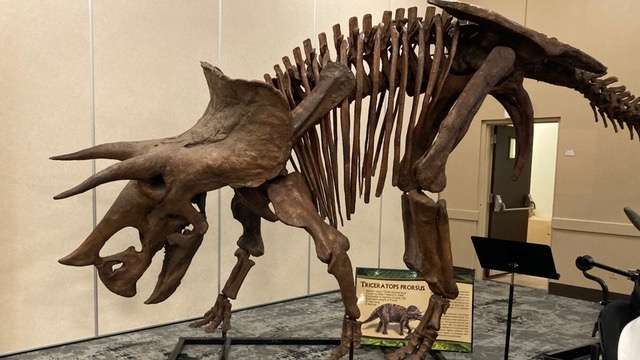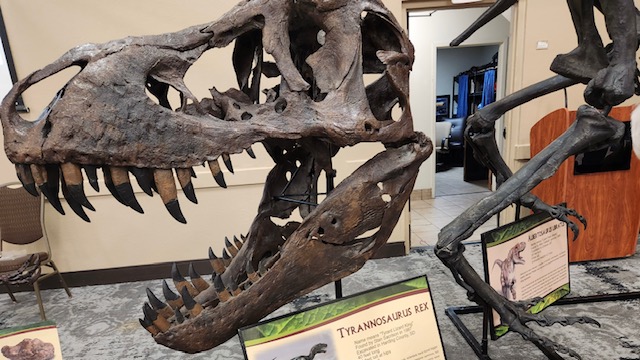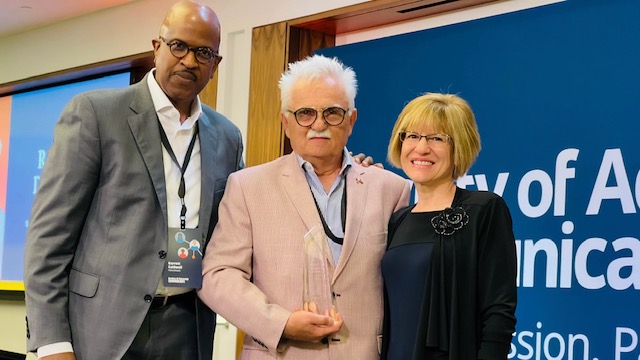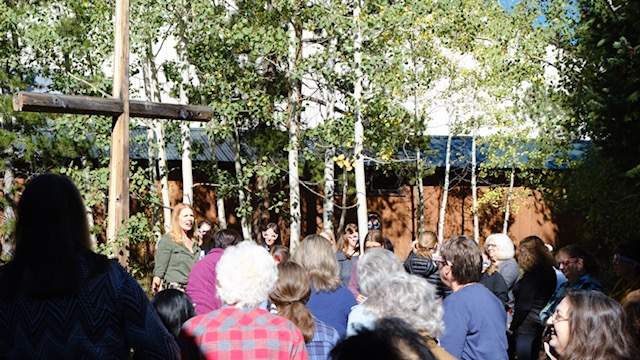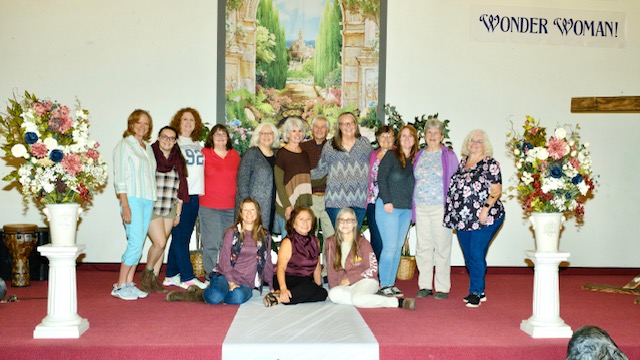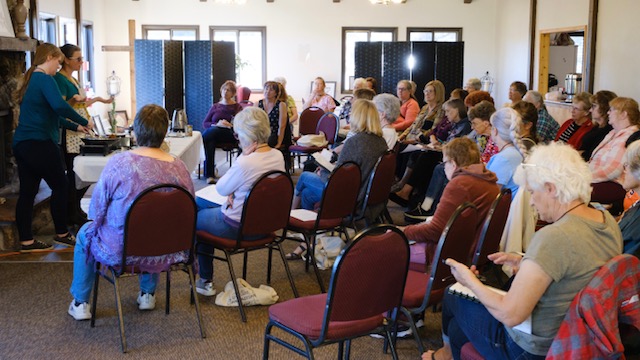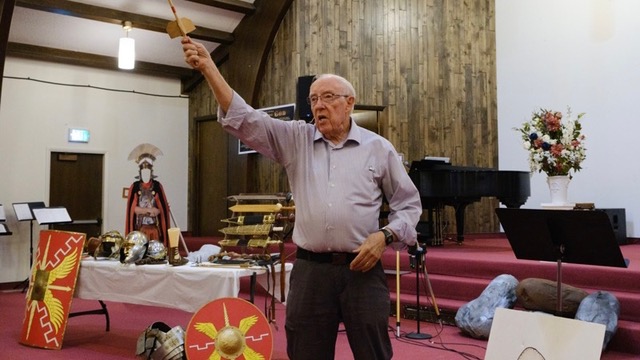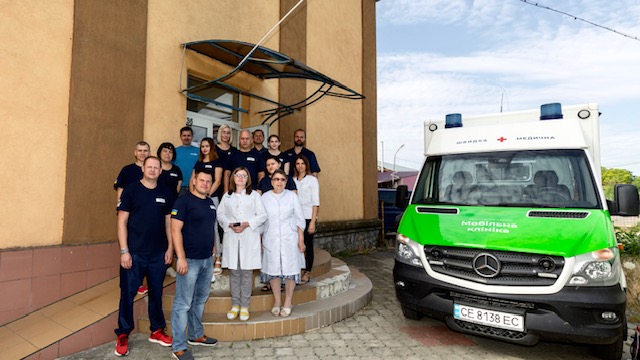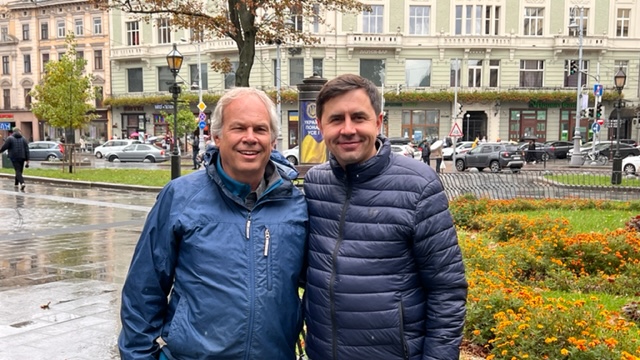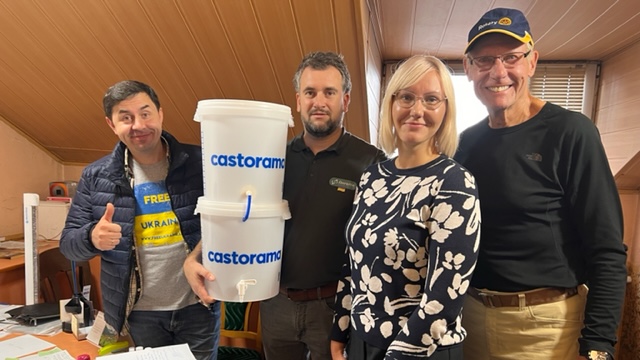The very title, “Redefining Adventism,” is provocative to some, and a “hair-on-fire” threat to others. So, let me define how I see redefining. First it is not degrading, dumping, or abandoning salvific pillars of the faith we hold and teach. It is an attempt to make present truth… well… present, and attractively applicable to contemporary people inside and outside the church.
The very name of the denomination lays out two major components of belief: Sabbath as the seventh day of the week and looking for the return of Jesus in His second advent/coming.
As Adventists, we speak and write often and passionately about “present truth.” At the same time, we tend to look back to the idealized historical “golden days” and pioneers of the church. There is a danger that we can be so focused on the methods and wrappings of the past that we make the core beliefs of the church look quaint, like the straw-brimmed hats and horse drawn buggies of the Pennsylvania Dutch. “Back to the Future” was a stellar title for a movie, but not much of a cogent mantra for a current and future movement. After all, a movement moves. It is not a static monument to the past.
The church has essentially held to core beliefs, and at the same time has been able to make a bridge between the past and the present. Things have changed. The Old Testament sacrificial rituals ceased. The Jerusalem Temple was destroyed. Past practices gave way to present realities and a focus on both the current situations and solutions, with an eye to future changes. Look at the conversion of Cornelius in Acts 10, and the council of Jerusalem in Acts 15. These were seismic shifts in how things were done. These shifts made truth truly present.
We need not, in fact should not, abandon pillar beliefs that are salvation related, but there is value in how we (wrap) present them to others. As an example: when I was a kid, it was fun and acceptable to wrap gifts in the colorful Sunday funny papers. The gift was encased in colorful panels of recognized cultural icons. Sometimes the gift might be wrapped in a recycled brown paper bag (we were “green” and did not know it). Today, if you gave a gift to your fiancé, or a dignitary, using those wrappings, it might evoke a seriously different response. The gift might be the same, but the presentation/wrapping could seriously detract from the gift itself.
What might a redefining of Sabbath look like?
Past truth style: “The Bible says the seventh-day is the Sabbath, and I can proof text it, so you must keep the seventh day as Sabbath!” This can look like my need to set you straight; it is information based.
Present truth style: “God is so loving and kind He designed a special down time every week so we would not burn out. It is a time when we can connect with family, and with Him in worship. He called it ‘Sabbath,’ and it happens every Saturday!” (An appeal to current needs. Relationship based, not just information based). Or “Birthdays are great celebrations! God wants to celebrate the birth of our world – not just once a year – but once a week. The seventh-day Sabbath is a celebration of His goodness and loving power. Come join me as we celebrate His creative work for, in, and through us!”
Same truth. Different presentations.
What might “redefining” the Advent look like?
Past truth style: “EARTH’S FINAL WARNING!”** There is terror and trouble ahead! You better be prepared for the wrathful return of the Almighty. If you are not ready – it is as Jonathan Edwards said – ‘God holds you over the pit of hell, much as one holds a spider…over the fire, abhors you, and is dreadfully provoked…. You hang by a slender thread, with the flames of divine wrath flashing about it, and ready every moment to singe it.’”
Admittedly, that’s compellingly graphic, but not very appealing unless you are a masochist. It’s like Barron Von Trapp, in The Sound of Music, lining up his children for a chilling inspection to spot any defects that causes them to stand ram-rod fearful (but not lovingly) in his presence.
Present truth style: “Jesus said He would return to earth, and when He does, it will be magnificent! It is like when dad went away/deployed, and we all longed for his return. We waited and looked forward to that so we could be together again after a long absence. We looked eagerly for that time, and to a happy reunion where we could be together again, and we could invite our neighbors to rejoice with us!”
Same truth. Different presentation.
I spent a combat tour in Vietnam and did not see our children for a full year. Suppose Ardis had prepared them for my return by saying, “Dad is coming back, so you better have your hair combed – every single one in place – and be sure your shoes are polished, and that your room is without a speck of dust for his inspection. If there are any flaws, he will give you a whipping that will make you sorely sorry!” Would they eagerly anticipate my return, or dread it, and hope that my return would be delayed?
Rephrasing Redefining
Maybe redefining would best be called reframing. Rather than focus on the negatives, focus on the positive aspects of Sabbath and the second coming, as well as other doctrines. Fear can motivate people, but fear wears off quickly. Fear is a poor long-term motivator. Positive anticipation is much more productive and long lasting.
In the Gospel of Luke 15, there are three stories of being lost. The sheep is lost: one out of a hundred. The coin is lost: one out of ten. The son is lost: one out of two. When each is found, there is positive joy and open celebration. The focus of each story is on the “found” portion, not a long lament on the “lost” negative portion.
Look at Daniel 7:22. It talks about the judgment (the very word frightens most people) and says, “…the Ancient of Days came and pronounced judgment in favor of the saints of the Most High, and the time came when they possessed the kingdom.” Like the stories of the lost in Luke, the focus is on the positive reality of judgment. Oh, to be sure, there are beasts and scary things Daniel writes about, but they all lead up to a superbly positive climax for those who love and receive God. That is the Good News we are to proclaim. That is the focus we are called to share.
The whole sweep of the Great Controversy theme through history leads to one conclusion: God wins! And those who have a positive relationship with Him are winners too!
Keeping Sabbath won’t save me. Knowing all the dates, details, prophetic interpretations, and speculations about the time of Jesus’ return won’t save me. Fear, demands, and proof-texts won’t save me. The only thing that will save any of us is an abiding, positive, ongoing relationship with Jesus. Maybe we could focus more on the Son than the signs, on the relationship than the rules.
Perhaps redefining Adventism is more about reframing how we share. How we see and wrap our message. That might really be the essence of present truth: the kind of truth that reflects the incredibly good news of the Gospel–good news as an invitation, rather than band news as a threat. The kind of present truth that motivates us positively Monday morning, and every day.
Dick Stenbakken, Ed.D., retired Army Chaplain (Col.), served as director of Adventist Chaplaincy Services at the General Conference and North American Division. With his wife Ardis, he lives in Loveland, Colorado. Email him at [email protected]
**The title of a currently advertised Adventist evangelistic promotion piece.

